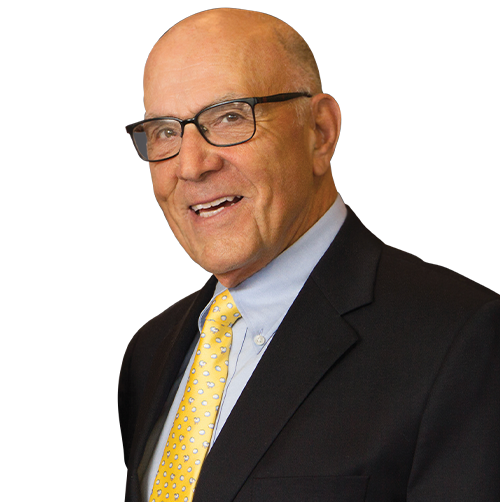While the coronavirus pandemic rages on, choosing the proper mask can feel like an overwhelming decision.
Face masks, often referred to as surgical masks or procedure masks, are one form of Personal Protective Equipment necessary for the fight against COVID-19.
Food and Drug Administration-cleared surgical masks are preferred in dental settings because they are designed to protect against splashes and sprays; they are prioritized for use when such exposures are anticipated, including surgical procedures.
Facemasks not regulated by the FDA, such as some procedure masks, which are typically used for isolation purposes, may not protect against splashes and sprays.
Review 7 types of mask offerings
- Respirator: Personal protective device that is worn on the face, covers at least the nose and mouth, and is used to reduce the wearer’s risk of inhaling hazardous airborne particles (including dust particles and infectious agents), gases, or vapors. Respirators are certified by the Centers for Disease Control and National Institute for Occupational Safety and Health (NIOSH), including those intended for use in healthcare. Respirators such as the Powered Air Purifying Respirator, PAPR, are reusable and better for the environment.
- Level 1: Single-use mask ideal for procedures where low amounts of fluid, spray, and/or aerosols are produced. This low protection mask (≥ 95 percent bacterial filtration efficiency) is best suited for brief examinations, exposing radiographs, and cleaning tasks. A great choice when layering masks for ultimate protection.
- Level 2: Single-use mask ideal for procedures with moderate to light amounts of fluid, spray, and/or aerosols produced. These masks offer moderate protection (≥ 98 percent bacterial filtration efficiency) and are best suited for procedures that involve a moderate level of aerosols such as hand instrumentation and sealants. A great choice when layering masks for ultimate protection.
- Level 3: Single-use mask ideal for procedures with heavy to moderate amounts of fluid, spray, and/or aerosols produced. These masks offer a high level of protection (≥ 98 percent bacterial filtration efficiency) and are best used for procedures involving high levels of aerosols such as ultrasonic scaling, surgical procedures, and crown preparation. Reach out to your Friendly Benco Dental Rep with any fit questions regarding level 3 masks.
- KN95: Single-use China standard mask that requires a fit test. Best used in treating patients with airborne diseases. Maximum filtration requires that KN95 masks must filter and capture 95 percent of tiny .3-micron particles in the air.
- N95: Single-use U.S. standard (NIOSH-approved) mask. Best used in treating patients with airborne diseases. Maximum filtration requires that N95 masks filter and capture 95 percent of tiny .3-micron particles in the air.
Looking for more details about masks?
- Find the webinar about N95 Fatigue: Exploring the World of Reusable Masks at the Learning Center, a free resource for dental professionals, Benco Dental’s Learning Center provides a hub of useful information. From white papers and articles to checklists, webinars and podcasts, information is available in numerous formats on a broad array of topics.
- Get an update on Everything you want to know about N95 and KN95 masks here.
- Purchase the best, safest, and always authentic masks for protection. Shop today: https://goben.co/Masksblog
References: https://www.cdc.gov/coronavirus/2019-ncov/hcp/dental-settings.html
https://www.cdc.gov/coronavirus/2019-ncov/prevent-getting-sick/about-face-coverings.html




